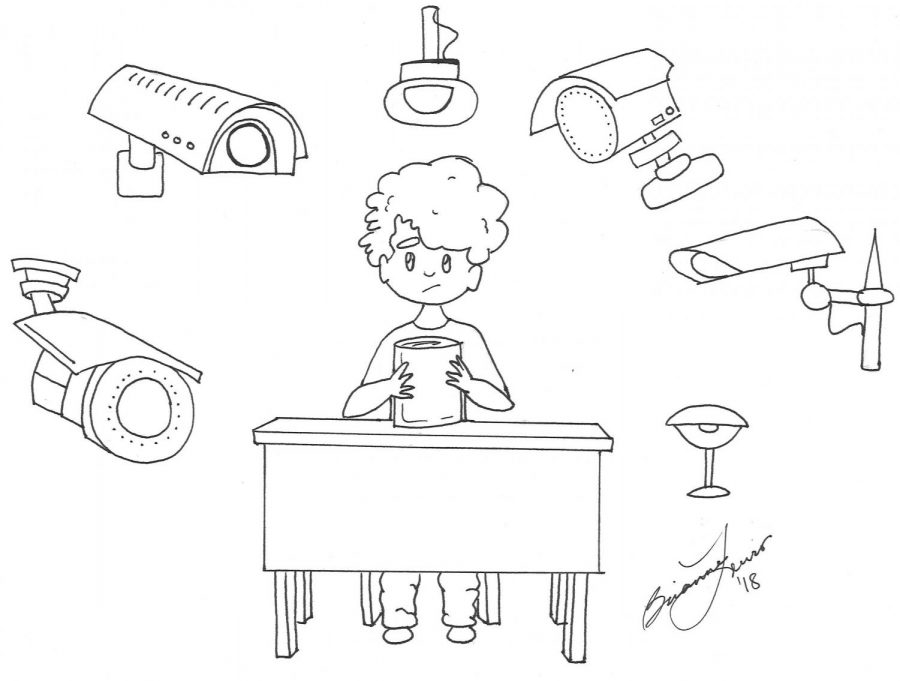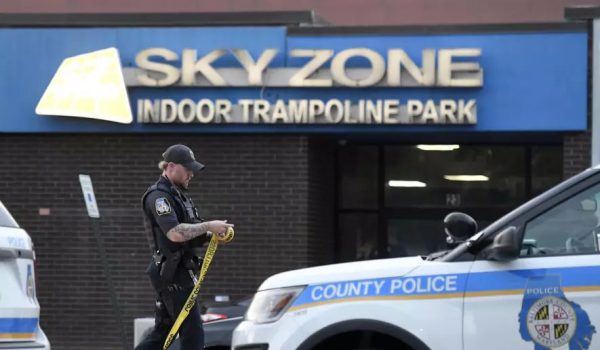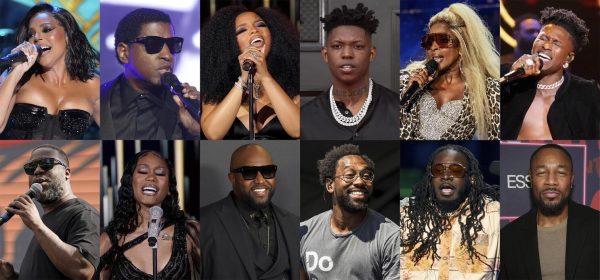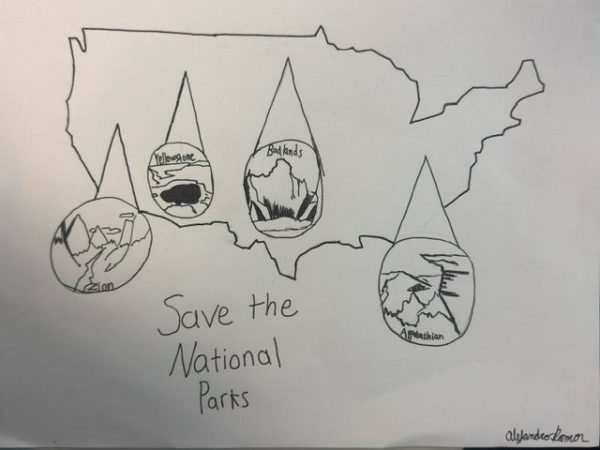Invasion of Privacy
Privacy is something that we all take for granted. When that privacy is threatened, people begin to live their lives in a different way than before. However, how do we define the line between privacy and what should be made public?
For years, I have been unsure on the extent to which schools could get involved in what their students do outside of the school. Students are correctly required to follow the rules of the school when administrators are accountable for them, however, how could students be punished for things that happen when they leave the doors of the school when teachers and administrators are no longer responsible for them?
The Fourth Amendment prohibits unreasonable searches and seizures and requires a search warrant to be issued for a reasonable cause. If there is an amendment that increases one’s privacy, then where are the boundaries that explain how much schools are able to acknowledge and provide consequences for what their students are doing when they leave their doors?
In most places, schools are granted the right to discipline their students for things they do off-campus if it seems to directly impact their learning or actions in school.
Recently, H-F conducted a meeting in which about 60 students were invited based on allegations of being involved or associated with gang ‘activity’. These select students were required to attend this meeting and failure to do so could result in them being ‘excluded’ from Homewood-Flossmoor High School. These students were chosen based on photos found of them on social media, however some of these photos did not associate these students with gangs. According to outside news reports on the event, parents and students were angered by this letter because they felt that their children were being convicted as guilty before proven innocent.
When asked about the intended outcome of this meeting, Principal, Jerry Lee Anderson, said, “It was for parents to be aware of information that we had received about their students, just so that they could have those conversations with their children.”
Anderson explains the intent of the meeting by saying, “I think that parenting is a pretty big responsibility and I also think that it takes a village, so if the school and parents work together when things like that arise, it’s typically a better outcome.” Although I agree with and appreciate Anderson’s statement, I also believe that assumptions can be taken too far and, in this situation, I would empathize with some angered parents who felt violated. In my opinion, I do not think it is completely wrong for schools to monitor students social media if there is a direct threat, but in doing that administrators must also not make assumptions before accusing such actions.
There is a critical responsibility for schools to become involved if there’s a situation that has evidence towards causing harm to themselves or other students. Otherwise, in my opinion, there’s a fine line between being involved and concerned in students lives, and simply violating their privacy.






